Environmental Catalysis and Green Chemistry
Catalysts are important in the manufacture of clean fuels, the conversion of waste and green raw materials to energy, clean combustion engines (including NOx and soot control and greenhouse gas reduction), the creation of clean water and polymers, and the conversion of polymers to monomers. Catalysts are also crucial in the development of hydrogen and syngas production technologies, which aims to provide clean fuels in the next decades. Over the last two decades, environmental catalysis has become increasingly important, not just in terms of the global catalyst industry, but also as a driver of developments in the entire field of catalysis. The creation of innovative "environmental" catalysts is thus a critical component of the goal of creating a new, more sustainable industrial chemistry.
Green Chemistry is a one-of-a-kind session for the dissemination of cutting-edge research on the development of green and sustainable technology. Green chemistry is the development of chemical products and processes that reduce or eliminate the use of hazardous compounds. Green chemistry applies to a chemical product's entire life cycle, including its design, manufacture, usage, and disposal. Sustainable chemistry is another name for green chemistry. By minimising or eliminating the dangers of chemical feedstocks, reagents, solvents, and products, green chemistry decreases pollution at its source.
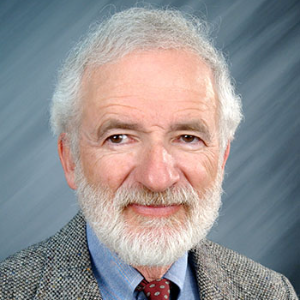
Arthur J Nozik
University of Colorado, United States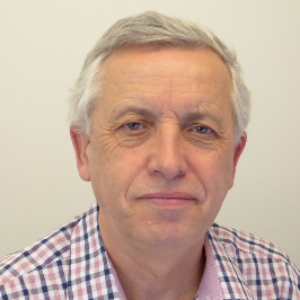
Stanislaw Dzwigaj
Sorbonne-Universite-CNRS, France
Haibo Ge
Texas Tech University, United States
Ashanendu Mandal
University Of Calcutta, India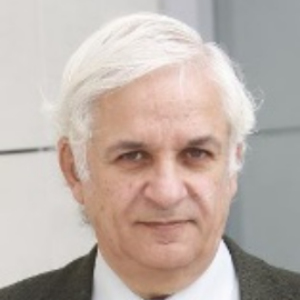
Victor Cerda
Sciware Systems, Spain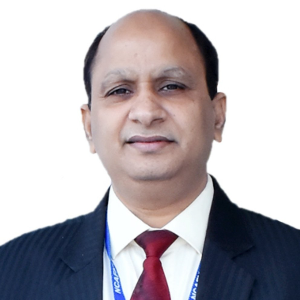
Tokeer Ahmad
Jamia Millia Islamia, India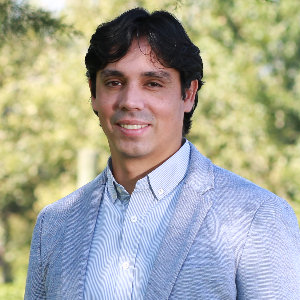


Title : Application of metal Single-Site zeolite catalysts in catalysis
Stanislaw Dzwigaj, Sorbonne-Universite-CNRS, France
Title : Designing of nano-sized heterostructures for hydrogen production using overall water splitting
Tokeer Ahmad, Jamia Millia Islamia, India
Title : United Nations’ strategy responding to climate change
Dai Yeun Jeong, Asia Climate Change Education Center, Korea, Republic of
Title : Thermal and mechanical processes and reactions in reversible behavior of shape
Osman Adiguzel, Firat University, Turkey
Title : An innovative magnetic resonance spectroscopic method for catalysts’ activities
Mohamed A Morsy, King Fahd University of Petroleum & Minerals, Saudi Arabia
Title : Engineering stable, expressible, functional industrial enzymes with protein sequence likelihood models
Shawn Reeves, University Of Waterloo, Canada